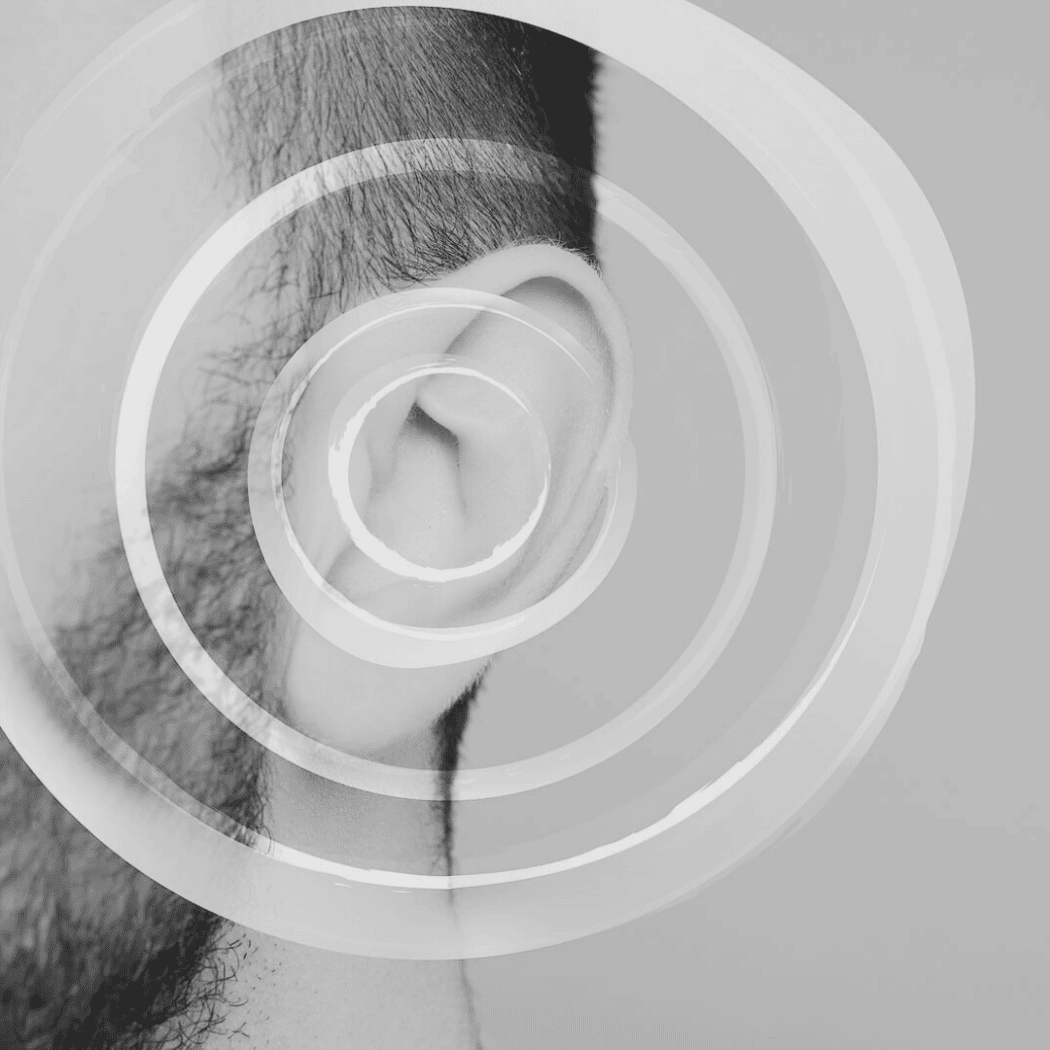
How Hearing Aids Bring Relief to Those with Tinnitus
Tinnitus, often described as a persistent ringing or buzzing in the ears, is a common condition that affects millions of people worldwide. For those living with tinnitus, the constant presence of these sounds can be not only frustrating but also emotionally taxing. In this blog, we will explore the intricacies of tinnitus and how modern hearing aids offer a ray of hope by providing relief and restoring a sense of tranquility to those dealing with this often-misunderstood condition.
Understanding Tinnitus
Tinnitus is not a disease in itself but rather a symptom of an underlying issue, such as age-related hearing loss, exposure to loud noises, or even stress. The sounds associated with tinnitus can vary from person to person, ranging from a subtle hum to a high-pitched squeal. While the exact mechanisms behind tinnitus are complex, what remains clear is its impact on the quality of life for those who experience it.
The Role of Hearing Aids
Modern hearing aids, designed with advanced technology, offer a multifaceted approach to managing tinnitus. While they are primarily utilized to enhance hearing, they have proven to be instrumental in alleviating the effects of tinnitus by addressing the root cause – the diminished ability to perceive external sounds.
Sound Masking
One of the key features of hearing aids in tinnitus management is sound masking. This involves introducing external sounds to mask or partially cover the internal sounds associated with tinnitus. The amplified sounds provided by hearing aids not only improve overall auditory perception but also help divert attention away from the persistent ringing or buzzing, providing much-needed relief.
Customizable Sound Therapy
Modern hearing aids come equipped with customizable sound therapy options, allowing individuals to tailor their experience based on the specific nature of their tinnitus. Whether it’s a gentle ocean wave or a soft melody, users can choose sounds that are soothing and conducive to their individual preferences. This personalized approach enables individuals to regain control over their auditory experiences and find comfort in their day-to-day lives.
Amplification for Hearing Loss
As tinnitus is often linked to hearing loss, addressing this underlying issue is crucial. Hearing aids are designed to amplify external sounds, compensating for the diminished ability to hear certain frequencies. By restoring a broader range of sounds to the wearer, hearing aids contribute to overall auditory stimulation, minimizing the prominence of tinnitus.
Enhanced Communication and Social Engagement
Living with tinnitus can sometimes lead to social withdrawal due to the challenges associated with communication. Hearing aids, by improving overall hearing ability, enhance communication and facilitate social engagement. This, in turn, helps individuals with tinnitus maintain a more active and fulfilling lifestyle, breaking the isolation that often accompanies this condition.
Tinnitus may present a unique set of challenges, but with the right technology and approach, individuals can find relief and regain control over their auditory experiences. Modern hearing aids, with their innovative features such as sound masking, customizable sound therapy, and amplification for hearing loss, are powerful tools in managing tinnitus. By embracing these technological advancements, individuals can navigate their daily lives with greater ease, finding harmony in the midst of persistent sounds. As we continue to unlock the potential of hearing aid technology, the journey towards tinnitus relief becomes a testament to the intersection of innovation and compassion, offering hope and comfort to those seeking solace from the persistent sounds that accompany this condition.
